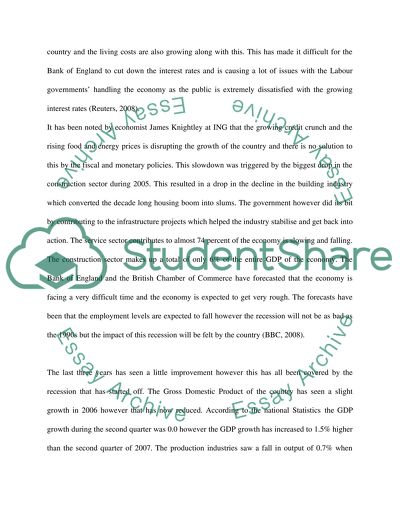Cite this document
(Macro Economic Policies used by the British Government and the Bank of Assignment, n.d.)
Macro Economic Policies used by the British Government and the Bank of Assignment. Retrieved from https://studentshare.org/macro-microeconomics/1549139-economics-to-develop-an-understanding-of-what-has-happened-in-the-economy-of-the-united-kingdom-over-the-last-two-years
Macro Economic Policies used by the British Government and the Bank of Assignment. Retrieved from https://studentshare.org/macro-microeconomics/1549139-economics-to-develop-an-understanding-of-what-has-happened-in-the-economy-of-the-united-kingdom-over-the-last-two-years
(Macro Economic Policies Used by the British Government and the Bank of Assignment)
Macro Economic Policies Used by the British Government and the Bank of Assignment. https://studentshare.org/macro-microeconomics/1549139-economics-to-develop-an-understanding-of-what-has-happened-in-the-economy-of-the-united-kingdom-over-the-last-two-years.
Macro Economic Policies Used by the British Government and the Bank of Assignment. https://studentshare.org/macro-microeconomics/1549139-economics-to-develop-an-understanding-of-what-has-happened-in-the-economy-of-the-united-kingdom-over-the-last-two-years.
“Macro Economic Policies Used by the British Government and the Bank of Assignment”, n.d. https://studentshare.org/macro-microeconomics/1549139-economics-to-develop-an-understanding-of-what-has-happened-in-the-economy-of-the-united-kingdom-over-the-last-two-years.


